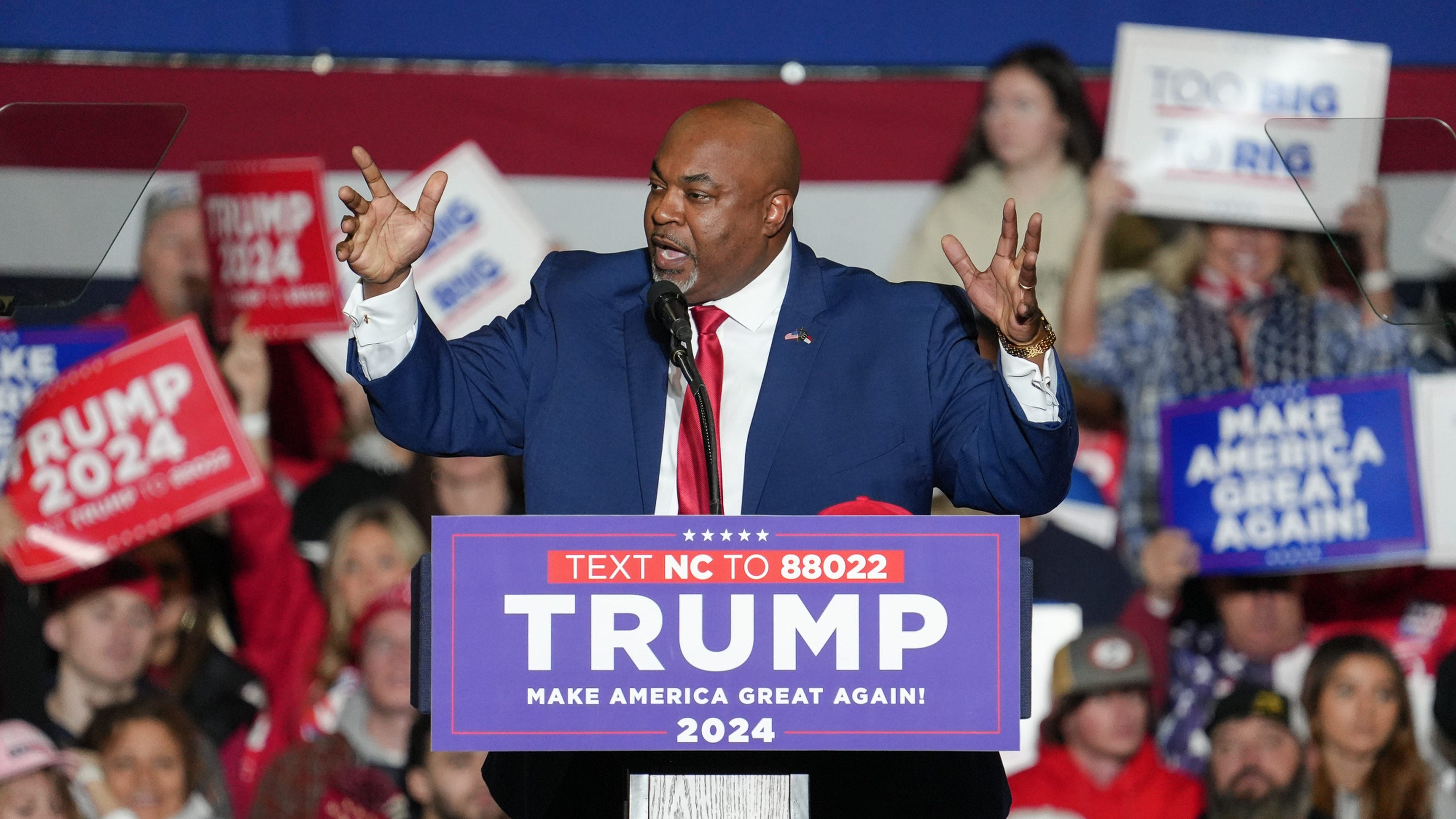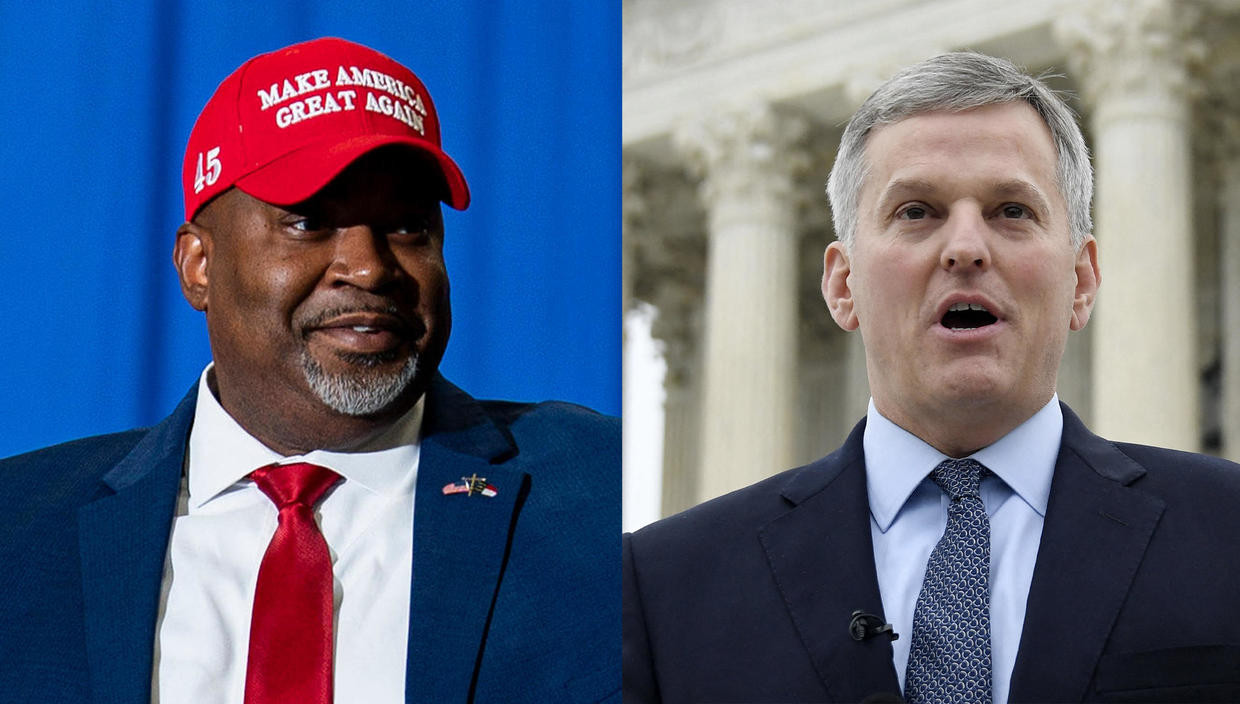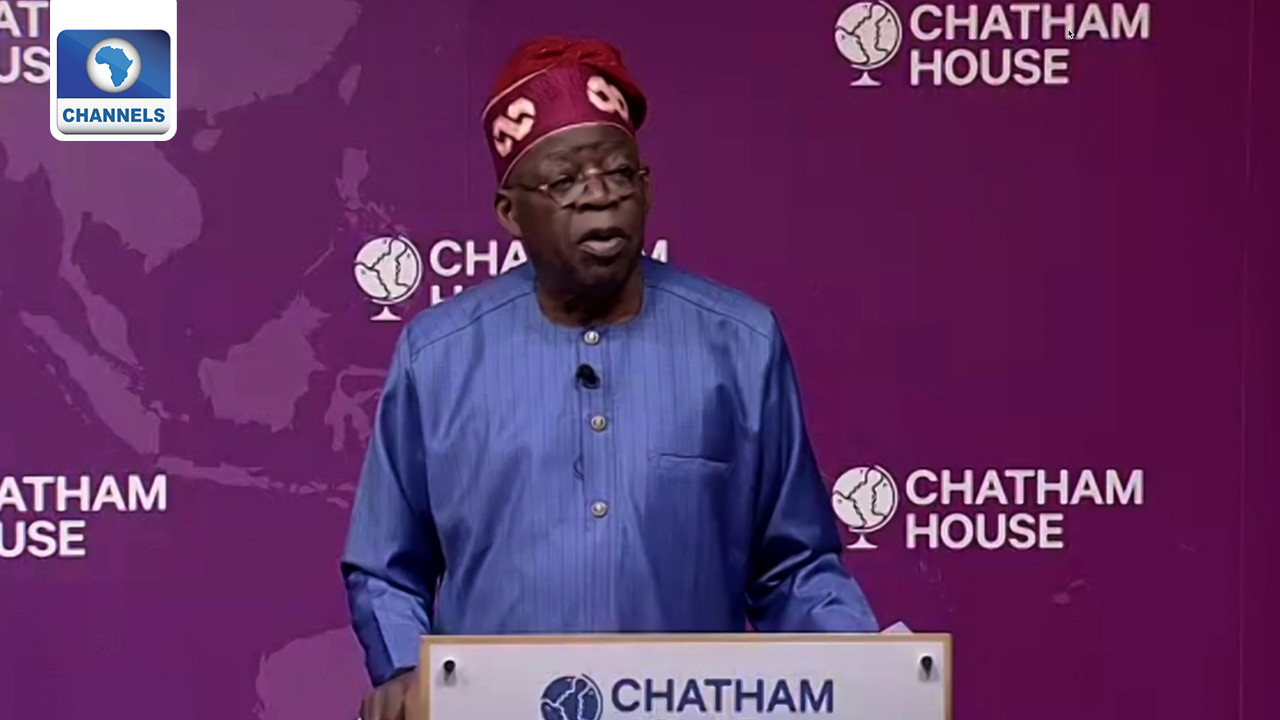The race for North Carolina's 16 electoral votes is heating up, and a recent scandal involving the Republican candidate for governor, Mark Robinson, is adding fuel to the fire. Robinson, a socially conservative figure known for his anti-transgender rhetoric, has been accused of making inflammatory and racist comments on a pornography website’s message board over a decade ago. These revelations, which Robinson has denied, have led to calls for his resignation and have cast a shadow over his campaign.
Robinson, who has the full endorsement of former President Donald Trump, has faced mounting pressure to drop out of the race as a result of the scandal. However, he has vowed to remain in the contest. This has left Trump in a delicate position, as he has been forced to distance himself from Robinson while still trying to maintain his support among his base.
The scandal has also become a major talking point for the Democratic campaign, with Kamala Harris, the Democratic nominee for president, and her team highlighting Robinson's controversial comments and his ties to Trump. Harris has been campaigning heavily in North Carolina, and her campaign has been using Robinson's scandal to their advantage.
The race for North Carolina is crucial for both parties. It is a battleground state that could decide the outcome of the election. The state has a long history of being a swing state, and it is likely to be close again this year.
The scandal involving Robinson has undoubtedly shaken the race, and it is unclear how it will ultimately impact the outcome. However, it is a reminder that the race for the White House is full of twists and turns, and that anything can happen in the final weeks before Election Day.
The Robinson Scandal: A Deep Dive
The controversy surrounding Robinson began with a CNN KFile investigation that revealed a series of inflammatory comments Robinson made on a pornographic website’s message board under the username “minisoldr.” The comments, which were made between 2008 and 2012, included racist slurs, homophobic remarks, and support for slavery. Robinson has denied making the comments, calling them “salacious tabloid trash” and accusing his Democratic opponent, Josh Stein, of leaking them.
CNN presented a substantial amount of evidence linking Robinson to the username “minisoldr,” including biographical details, shared email addresses, and similar online posting habits. For example, Robinson’s username on the commenting platform Disqus was “minisoldr” and shared the same email address as the one used on the pornographic website. Robinson’s Disqus page was also linked to the Black social networking site Black Planet, and a user named “minisoldr” described themselves as 40 years old in February 2009 – the same age as Robinson at the time – and living in Greensboro, North Carolina – Robinson’s hometown.
Robinson also frequently used the username “minisoldr” elsewhere on the internet. On X, the platform formerly known as Twitter, Robinson once used the minisoldr username, according to a screenshot he shared on Facebook in 2018 and data in Robinson’s old tweets. A YouTube playlist for a user named “minisoldr” features exclusively videos of Robinson. On Pinterest, a user “minisoldr” lists his name as “Mark Robinson.”
The “minisoldr” username has also posted reviews of products and places Robinson has also publicly recommended. On Amazon, a user named “minisoldr” reviewed products frequently shared by Robinson on Facebook, including remote-controlled helicopters. And the same email address and username used on the pornographic website also left reviews on Google for two local businesses Robinson later posted on Facebook that he used.
The Fallout:
Robinson's history of controversial remarks, including mocking school shooting survivors, his past support for total abortion bans without exceptions for rape or incest and disparaging the civil rights movement have been a consistent theme in the race. Recent public polling shows Robinson is losing to Stein.
The Robinson scandal has had a ripple effect throughout the North Carolina Republican Party. Robinson has lost the support of numerous prominent Republicans, including Governor Bill Lee of Tennessee, who withdrew his endorsement of Robinson's gubernatorial bid. Several top staffers for Robinson's campaign have also resigned in recent weeks.
The Republican Governors Association stopped running ads on Robinson's behalf this week, and Virginia Governor Glenn Youngkin, who serves on the RGA’s executive committee, told the National Review on Wednesday that he would no longer be supporting Robinson.
The Impact on the Presidential Race
The scandal has also had an impact on the presidential race. The Harris campaign has seized on the opportunity to highlight Robinson's controversial comments and his ties to Trump, hoping to capitalize on the scandal to their advantage.
The Harris campaign is focusing on the “Trump-Robinson extremism” that has emerged in the wake of the scandal, highlighting their shared views on issues such as race, gender, and abortion. They are hoping to capitalize on the scandal by painting Robinson as a dangerous and unfit candidate for governor, and by extension, as someone who would be a harmful influence on the Trump administration.
While the Harris campaign is hoping to capitalize on the scandal, it is unclear how it will ultimately impact the outcome of the election. There are some Democrats who believe that the scandal may not be enough to swing North Carolina’s 16 electoral votes to the Democratic nominee. Others are hopeful that the scandal, coupled with the Harris campaign's ground game, will be enough to give them a slight advantage.
The Future of Robinson's Campaign
Robinson has vowed to stay in the race, despite the scandal and the growing pressure to drop out. He has denied making the comments that have been attributed to him, and he has accused his opponents of trying to smear his name.
It is unclear what the future holds for Robinson's campaign. The scandal has undoubtedly damaged his chances of winning the election, but he is still a viable candidate in a state that is likely to be close. The outcome of the race will likely depend on whether voters are willing to forgive Robinson for his past comments, and whether they believe that he is a fit candidate to lead the state.
The Unforeseen Consequences
The Robinson scandal has brought into sharp focus the challenges that candidates face in the digital age. In a world where online activity is readily accessible and easily scrutinized, candidates must be aware that their past actions can come back to haunt them.
The scandal has also shown how quickly a campaign can be upended by a single revelation. In a tight election, even a seemingly small scandal can have a significant impact on the outcome.
The Robinson scandal is a reminder that the digital age has changed the way we think about politics and the way we elect our leaders. As candidates continue to grapple with the challenges of online communication, we can expect to see more scandals like this one in the years to come.



















